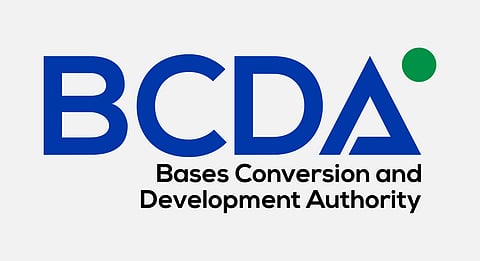
- NEWS
- the EDIT
- COMMENTARY
- BUSINESS
- LIFE
- SHOW
- ACTION
- GLOBAL GOALS
- SNAPS
- DYARYO TIRADA
- MORE

President Ferdinand Marcos Jr.’s veto of a bill seeking to amend the charter of the Bases Conversion and Development Authority (BCDA) was embraced by the agency, which said it presented the opportunity to work with lawmakers on an improved version of the bill.
“Together, we will proactively refine and recalibrate our strategies, ensuring a greater and more impactful contribution to national development,” the BCDA, headed by Engr. Joshua Bingcang, said in a statement on Monday.
“Our unwavering dedication to serving the Filipino people and driving the country’s growth fuels our resolve as we move forward with renewed purpose and determination to transform spaces that power the nation’s progress,” the BCDA further stated.
According to the President’s veto message dated 24 April sent to the House of Representatives and Senate, he noted several issues with the enrolled bill, including the proposed increase of P100 billion in authorized capital, which may potentially affect the government’s fiscal integrity.
The chief executive further stated that the proposal to use the proceeds from the sale of the allocated lands from the ecozones to accrue mainly to the BCDA is inconsistent with the government’s one-fund policy, limiting its fiscal flexibility in deciding fund utilization for more pressing concerns.
“In addition, the bill antithetically grants to the BCDA the authority to determine alienable and disposable lands, which (clearly) falls under the Department of Environment and Natural Resources mandate,” Marcos said.
‘Together, we will proactively refine and recalibrate our strategies, ensuring a greater and more impactful contribution to national development.’
Furthermore, Marcos Jr. said the bill’s language granting land ownership and authority to the BCDA in disposing lands counters the Republic v. Heirs of Bernabe case which stated that the beneficial owner of lands transferred to the BCDA is the state, according to Republic Act 7227, or the Bases Conversion and Development Act of 1992.
